Turns out, liquid metals offer an unconventional approach to creating fully flexible memory storage devices inspired by the brain.


Turns out, liquid metals offer an unconventional approach to creating fully flexible memory storage devices inspired by the brain.

A neuroscientist and intermittent fasting expert weighs in on the potential health benefits of this diet that may go beyond just weight loss.

The nocebo effect appears to play a role in gluten sensitivity, indicating the brain’s possible involvement in the condition.

A nanotherapy could be used as part of a multifaceted strategy for individuals grappling with severe health implications of obesity.

New findings point to the crucial role that mRNA modifications play in how the body regulates pain-related molecules.
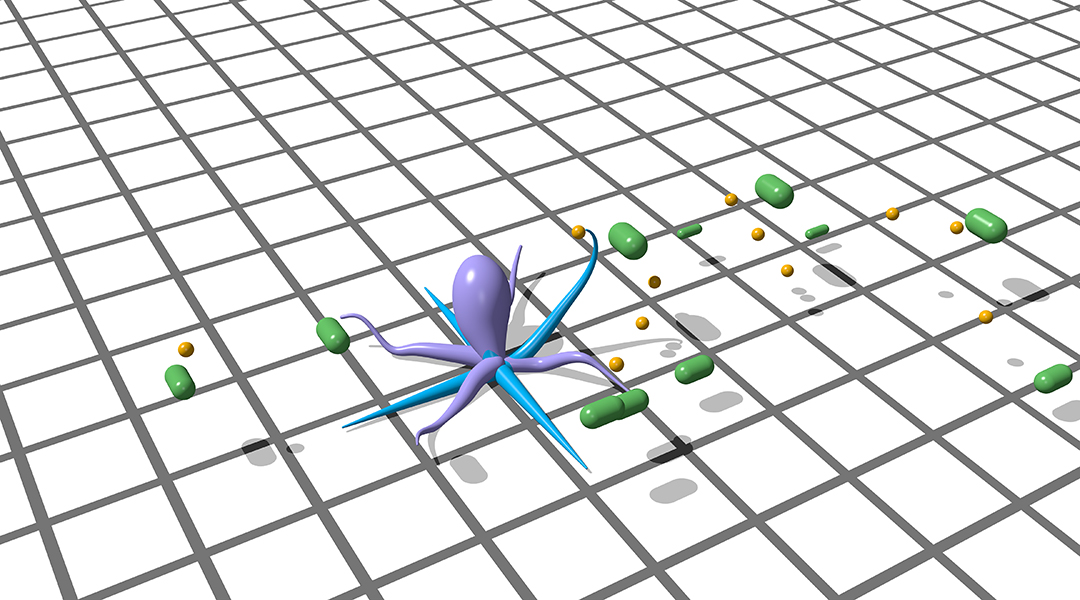
A research team have built a virtual creature mimicking the many brain-containing limbs of an octopus.
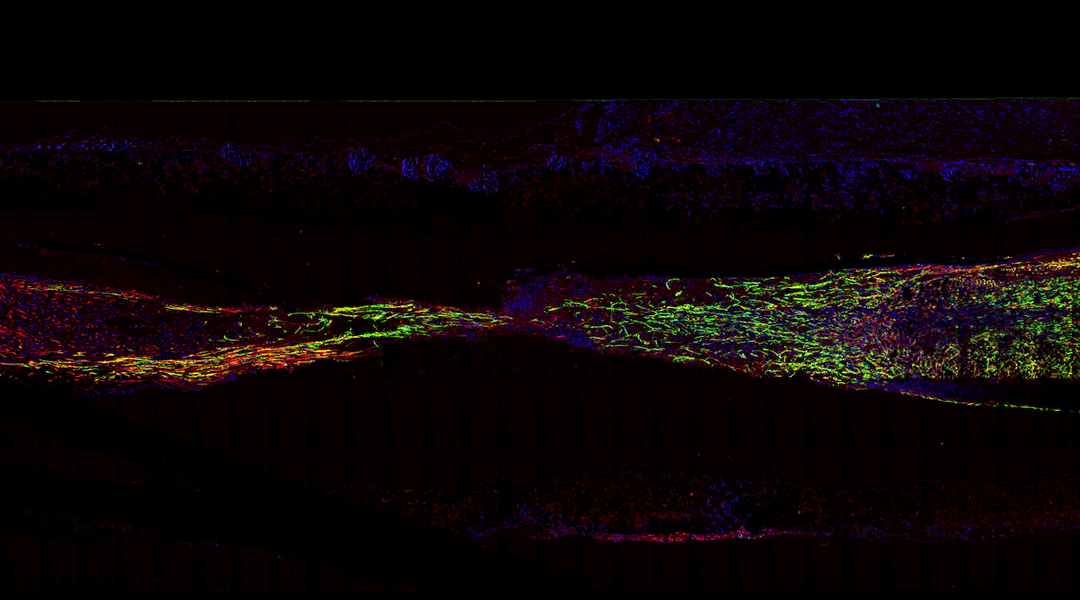
A fully biodegradable nerve scaffold not only helps regenerate damaged nerves, but negates the need for retrieval procedures.
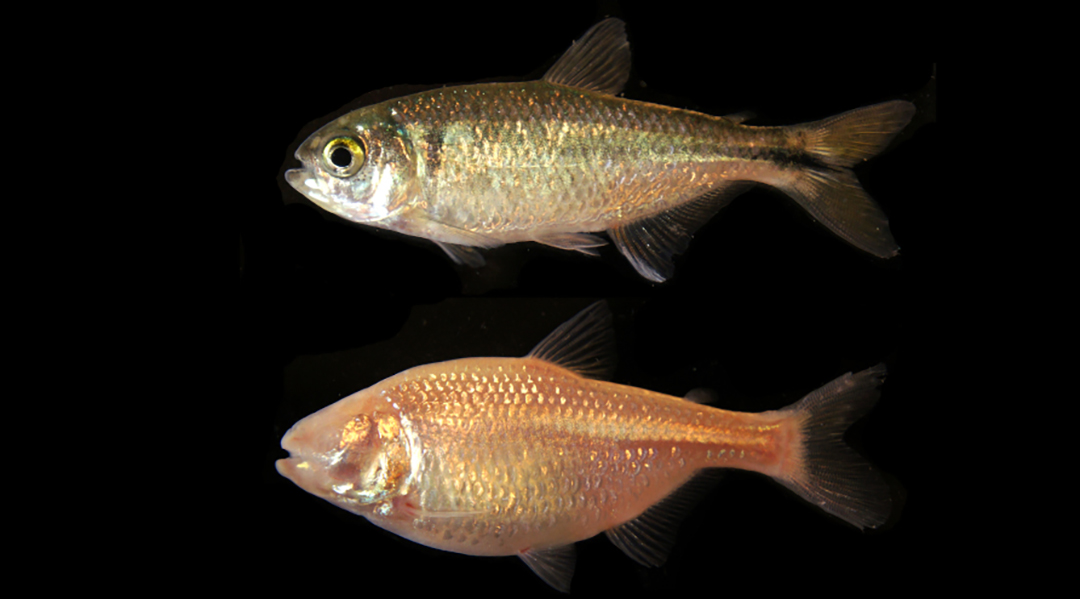
Cavefish studies hint at ketogenic diet’s impact on autism-like behavior, opening new paths for understanding and treatment.
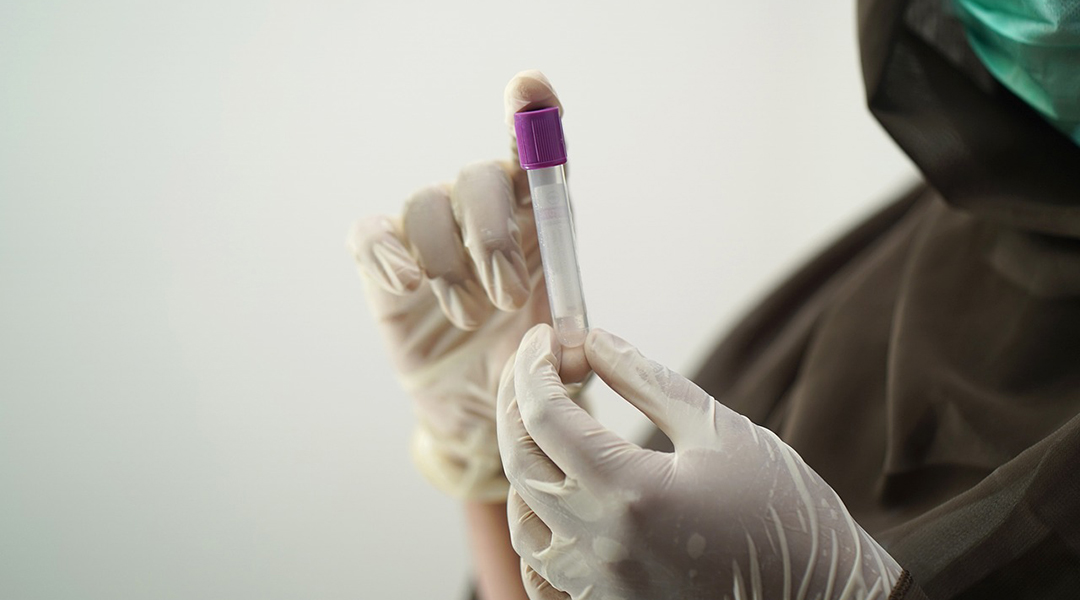
Research uncovers how tumor cells’ stem cell-like qualities and their ability to evade the immune system helps some cancers spread during metastasis.
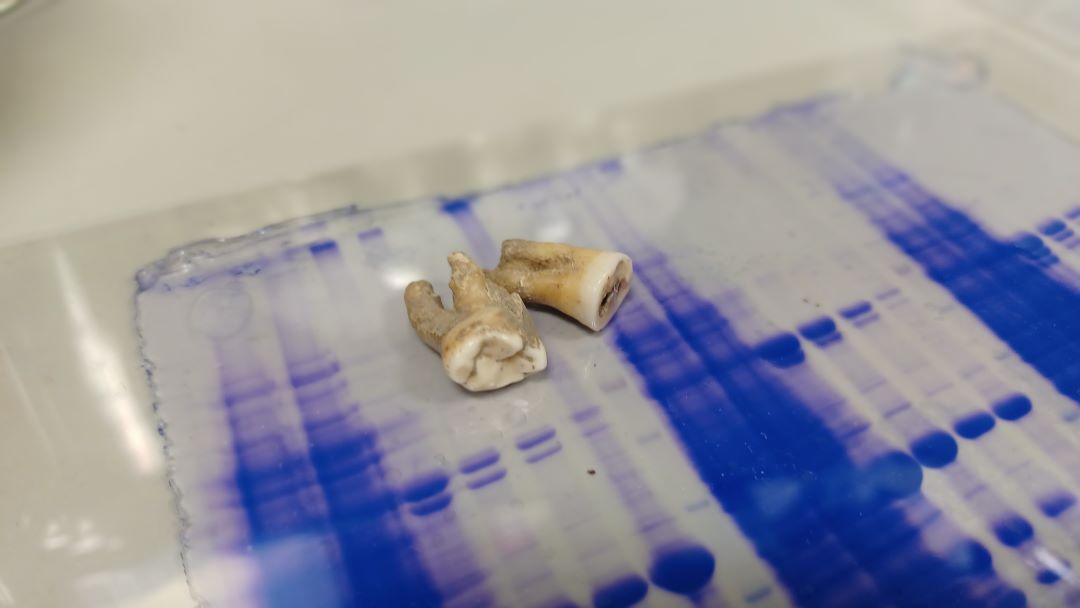
Research teams from the UK have isolated antibodies preserved for 800 years in ancient teeth and found they are still able to bind viruses that infect humans today.